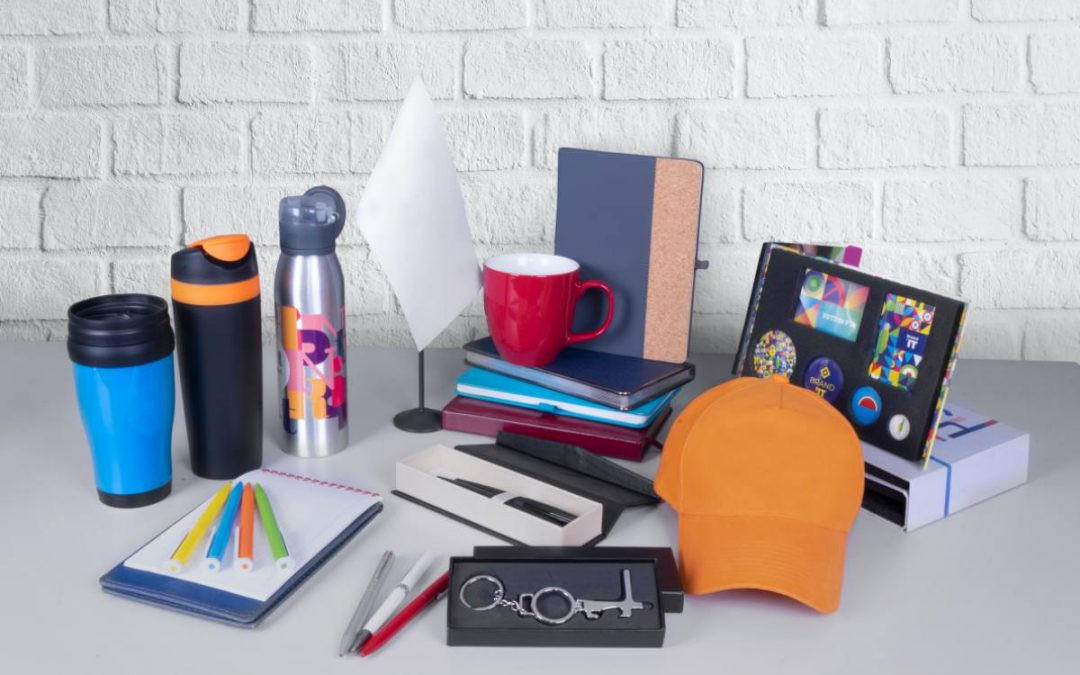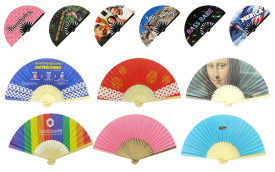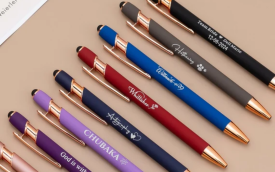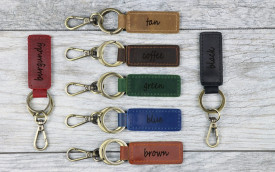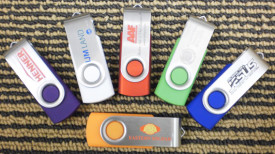How Custom Promotional Products Can Boost Your Brand Visibility
What Makes a Brand Truly Visible?
In today's noisy marketplace, simply existing isn’t enough. To be remembered, your brand needs to show up in the right moments and places — not just online, but in the physical world, too. That’s where custom promotional products step in.
Why Physical Products Still Matter
While digital ads flash by in a second, a custom product — something you can touch, hold, and use — has staying power. A custom pen on a desk, a promotional mug in the office kitchen, a branded umbrella in the rain — these are everyday touchpoints that quietly keep your brand front and center.
Promotional Items as Everyday Billboards
Think of a well-designed giveaway as a mobile ad. When someone uses your branded product in public, your logo gets seen — and remembered. The more useful the item, the more often it’s carried, and the further your message travels. Items like umbrellas or USB flash drives offer wide visibility and long-term use.
Make It Useful, Make It Memorable
Not all promotional items are created equal. The most effective ones solve a small problem or add a bit of convenience. A pen that writes smoothly, a power bank that saves the day, or a notepad that’s always within reach — these items naturally work their way into daily routines.
Target the Right Moment
Don’t just hand out products randomly. Align them with key moments: onboarding a client, thanking a loyal customer, or standing out at a trade show. A well-timed giveaway shows intention — and leaves a better impression.
Start Small, Scale Smart
You don’t need to invest in thousands of products right away. Start with your most engaged customers or local events. Track feedback, see what people actually use, and then refine. Good promotional strategy is iterative, not one-size-fits-all.
Final Takeaway
Custom promotional products aren’t just giveaways — they’re quiet, powerful brand messengers. When chosen thoughtfully and distributed with purpose, they do more than just promote. They connect. And in branding, connection is everything.


